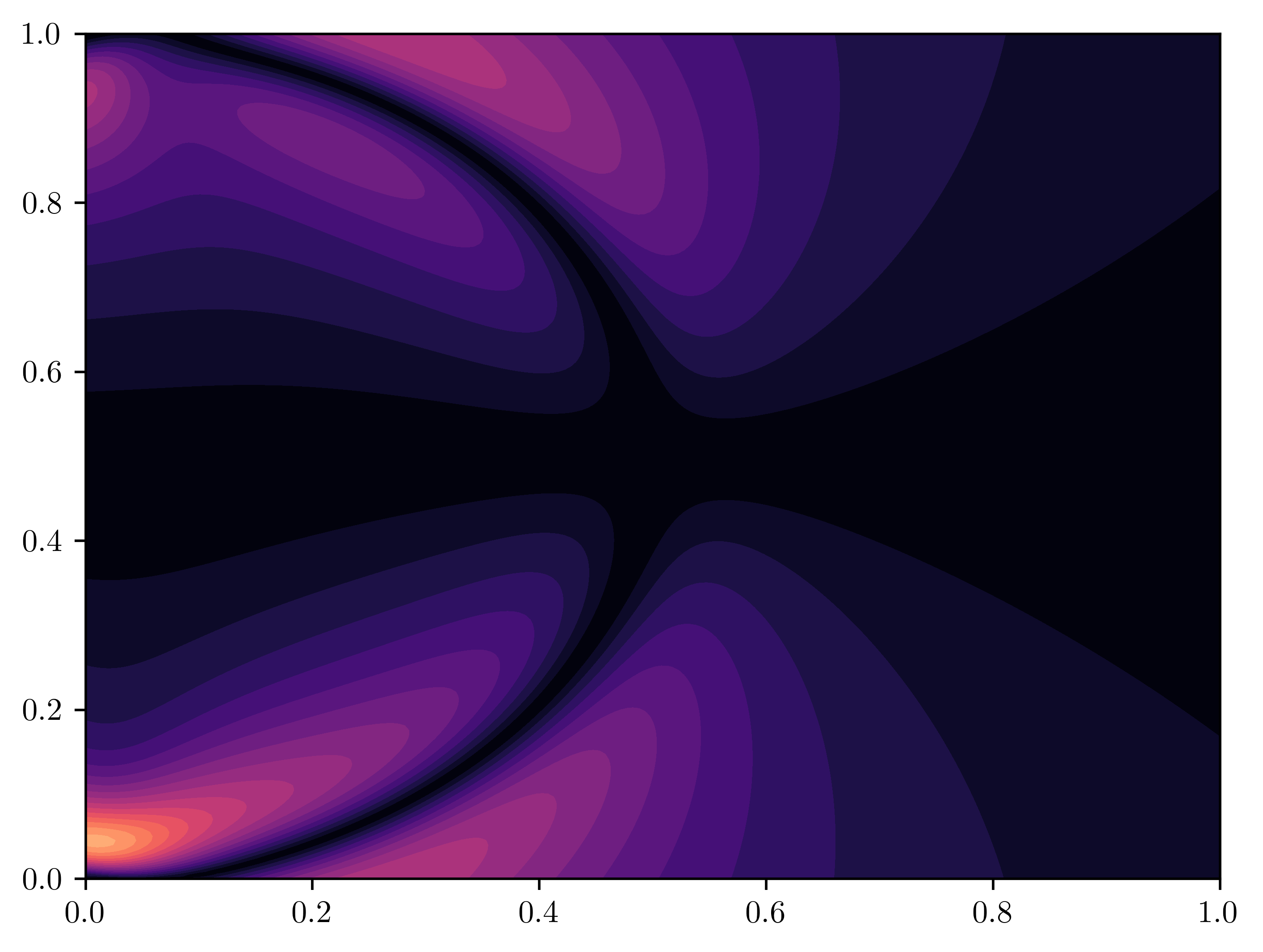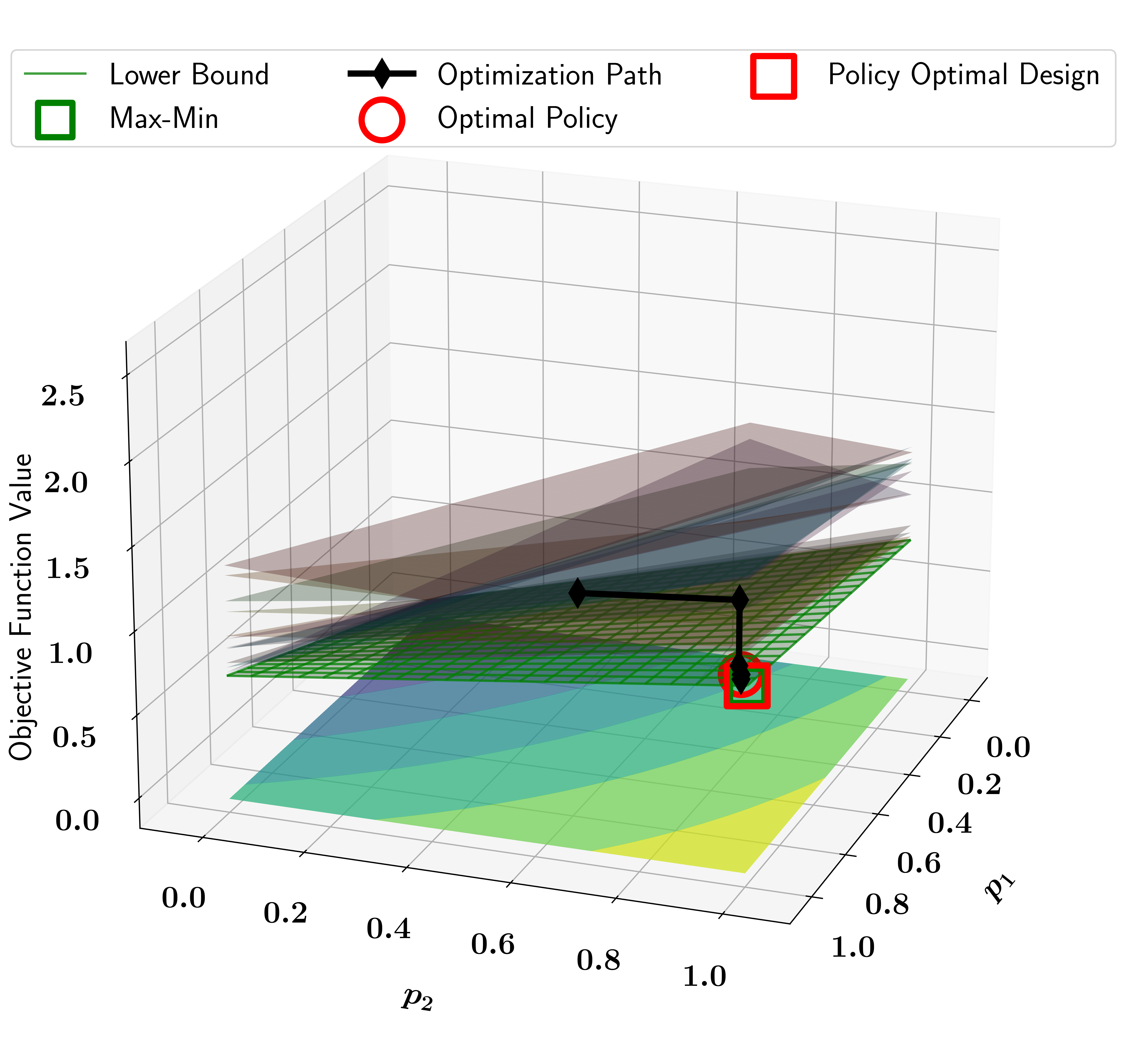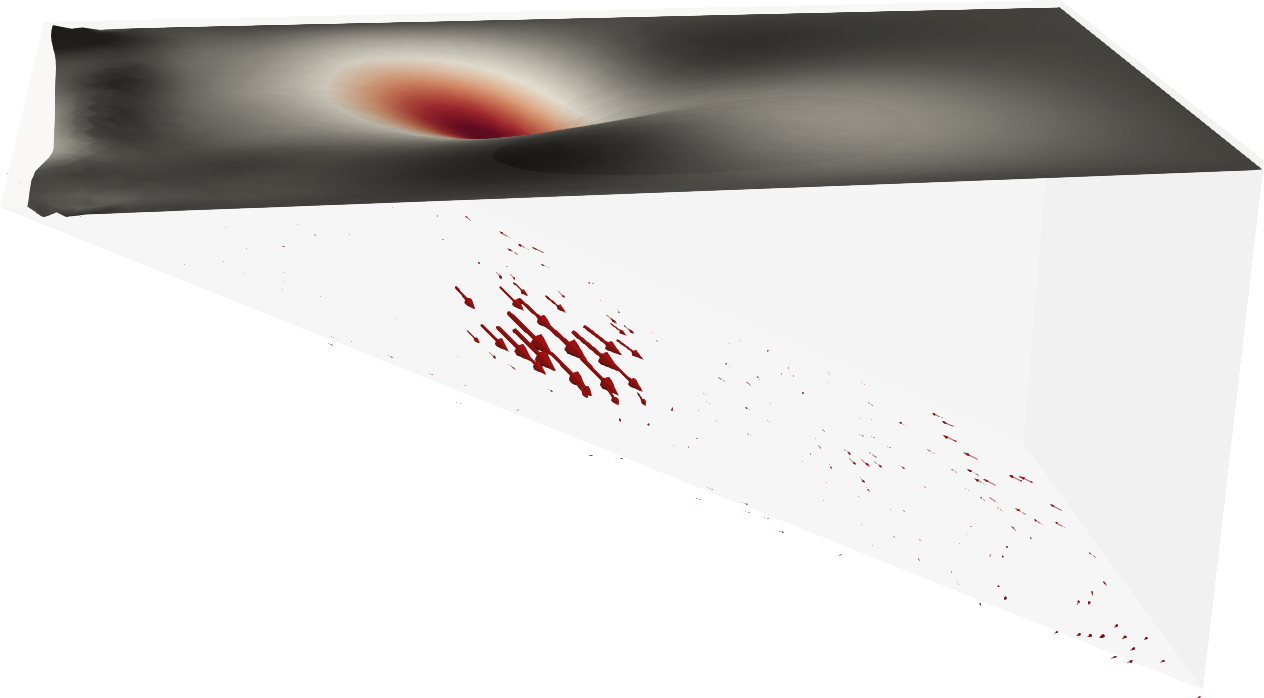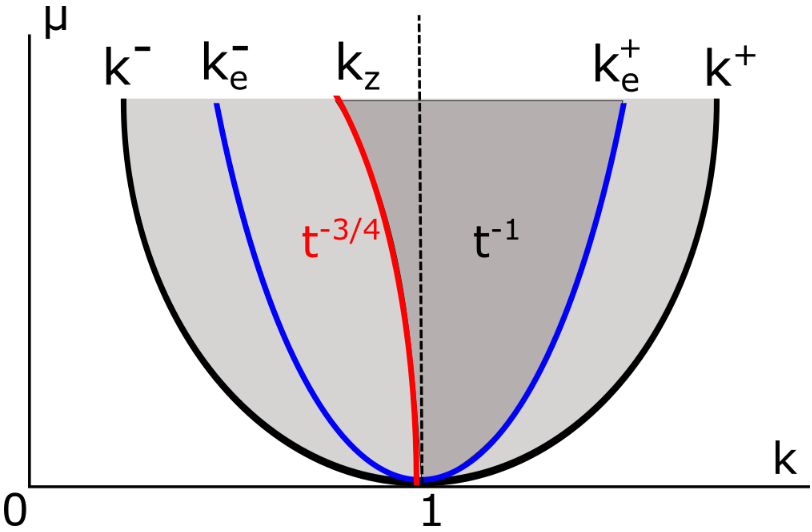publications
publications by categories in reversed chronological order. generated by jekyll-scholar.
2025
-
 Scalable Uncertainty Quantification for Infinite-Dimensional Bayesian Inverse Problems.Feb 2025
Scalable Uncertainty Quantification for Infinite-Dimensional Bayesian Inverse Problems.Feb 2025
2024
-
 PyOED: An Extensible Suite for Data Assimilation and Model-Constrained Optimal Design of ExperimentsACM Transactions on Mathematical Software, Jun 2024
PyOED: An Extensible Suite for Data Assimilation and Model-Constrained Optimal Design of ExperimentsACM Transactions on Mathematical Software, Jun 2024 -
 Robust optimal design of large-scale Bayesian nonlinear inverse problemsarXiv preprint arXiv:2409.09137, Jun 2024
Robust optimal design of large-scale Bayesian nonlinear inverse problemsarXiv preprint arXiv:2409.09137, Jun 2024 -
 Sensitivity Analysis of the Information Gain in Infinite-Dimensional Bayesian Linear Inverse ProblemsInternational Journal for Uncertainty Quantification, Jun 2024
Sensitivity Analysis of the Information Gain in Infinite-Dimensional Bayesian Linear Inverse ProblemsInternational Journal for Uncertainty Quantification, Jun 2024
2023
-
 Weak Diffusive Stability of Roll Solutions at the Zigzag BoundaryJun 2023
Weak Diffusive Stability of Roll Solutions at the Zigzag BoundaryJun 2023